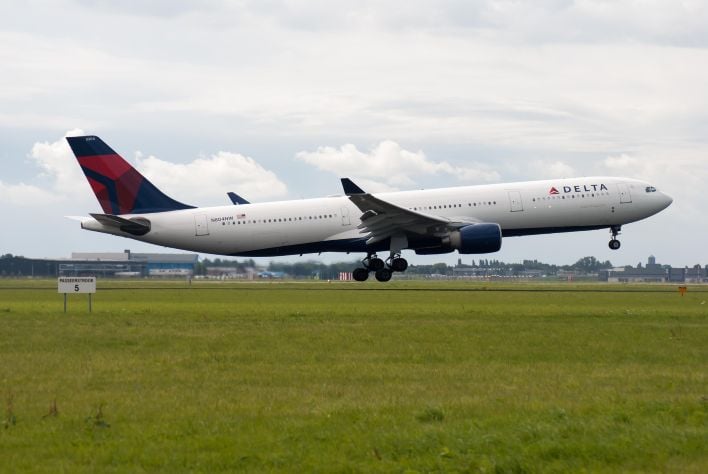Delta Soars Into Controversy With An Airfare AI That Decides Your Ticket Price

While Delta touts this as an innovation that will improve revenue and potentially offer more personalized choices (our bet is on the former), it has rightfully been met with considerable skepticism and concern from consumer advocates and lawmakers. Critics argue that this sophisticated form of predatory pricing could lead to a system where less affluent customers or those with fewer options are charged significantly more for the same seat.
Traditional airline pricing, while complex, typically relied on established factors like demand, booking time, and seat availability, with everyone searching at the same moment generally seeing the same options. Delta's new AI departs from this, creating bespoke prices that exist only for a specific individual at a given moment. This raises questions about how transparent such systems truly are and whether consumers can ever be sure they are getting a fair deal.
The airline claims that its fares are publicly filed and based solely on trip-related factors, assuring that it has "zero tolerance for discrimination." However, any specific safeguards preventing the AI from indirectly discriminating or unfairly influencing prices remain unclear to the public.
For consumers, the implications are significant. While some speculate that AI could, in the short term, offer more targeted discounts to fill seats, the long-term fear is that it will primarily serve to maximize airline profits at the individual's expense. The shift could also incentivize passengers to book directly with Delta, as AI-driven personalized fares might not be available through third-party sites, making it even harder for travelers to compare prices effectively.

